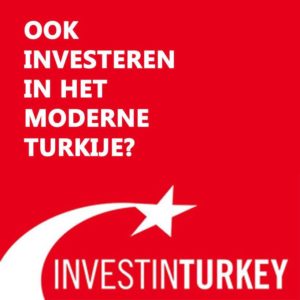The Ankara Agreement
In July 1959, shortly after the creation of the European Economic Community in 1958, Turkey made its first application to join. The EEC’s response to Turkey’s application in 1959 was to suggest the establishment of an association until Turkey’s circumstances permitted its accession. The ensuing negotiations resulted in the signature of the Agreement Creating An Association Between The Republic of Turkey and the European Economic Community (the “Ankara Agreement”) on 12 September 1963. This agreement, which entered into force on 1 December 1964, aimed at securing Turkey’s full membership in the EEC through the establishment in three phases of a customs union which would serve as an instrument to bring about integration between the EEC and Turkey.
The Additional Protocol
The Additional Protocol of 13 November 1970 set out in a detailed fashion how the Customs Union would be established. It provided that the EEC would abolish tariff and quantitative barriers to its imports from Turkey (with some exceptions including fabrics) upon the entry into force of the Protocol, whereas Turkey would do the same in accordance with a timetable containing two calendars set for 12 and 22 years, and called for the harmonisation of Turkish legislation with that of the EU in economic matters. Furthermore, the Additional Protocol envisaged the free circulation of natural persons between the Parties in the next 12 to 22 years.
The Customs Union
Under these circumstances, Turkey chose to complete the envisaged Customs Union with the Community. Talks began in 1994 and were finalised on 6 March 1995 at the Turkey-EU Association Council. The Association Council is the highest ranking organ of the association and is composed of the Foreign Ministers of Turkey and the 15 EU Member States. On that day the Association Council adopted its decision 1/95 on the completion of the Customs Union between Turkey and the EU in industrial and processed agricultural goods by 31 December 1995. At the same meeting, another Resolution on accompanying measures was adopted and the EU made a declaration on financial cooperation with Turkey as part of the customs union “package”.
The Helsinki European Council held on 10-11 December 1999 produced a breakthrough in Turkey-EU relations. At Helsinki, Turkey was officially recognised without any precondition as a candidate state on an equal footing with the other candidate states. While recognising Turkey’s candidate status, the Presidency Conclusions of the Helsinki European Council endorsed the proposals of the Commission made on 13 October 1999.
Currently, EU-Turkey membership negotiations have been ongoing since October, 2005.
Resource: www.ab.gov.tr


1 Comment
clindamicina 150 mg
3 December 2023 at 10:30 am
[…] clindamicina 150 mg[…]
clindamicina 150 mg